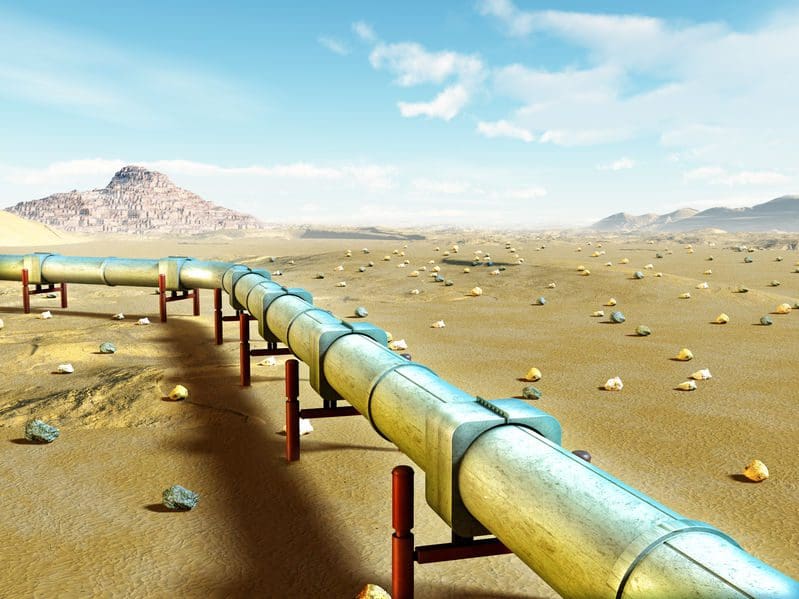The global oil and gas pipeline sector is facing several headwinds such as fall in the oil and gas prices, demand destruction and a weak global economic outlook. The pipeline operators are being forced to cut capex on upcoming projects, leading to projects getting delayed or stalled, says GlobalData, a leading data and analytics company.
Sujith Singh, Oil and Gas Analyst at GlobalData, comments: “Multiple pipeline operators are looking at project delays as a means to counter the impact of COVID-19. Phillips 66 has stalled Red Oak and Liberty pipeline projects, which were expected to start operations by 2021. Two of the projects of Pembina Pipeline Corp – Pembina Peace Expansion VIII and Pembina Peace Expansion IX, are likely to be pushed by a year due to falling oil prices and the pandemic outbreak.”
Furthermore, some pipeline operators are likely to put off their investment decisions or reduce capex on projects. Phillips 66 is likely to defer its Final Investment Decision (FID) on the ACE pipeline project, which was expected to take place in 2020. Similarly, Sinopec has announced a 2.5% reduction in capital expenditure for the year 2020, which has a considerable impact on its refining units and related facilities such as pipelines and storage facilities.
Singh concludes: “The instances of Enlink Midstream laying off a fifth of its workforce, Energy Transfer Partners suspending most of its construction activities on the Mariner East Pipeline project and Plains All American selling its non-core assets indicate the deep crisis pipeline operators are up against.”






